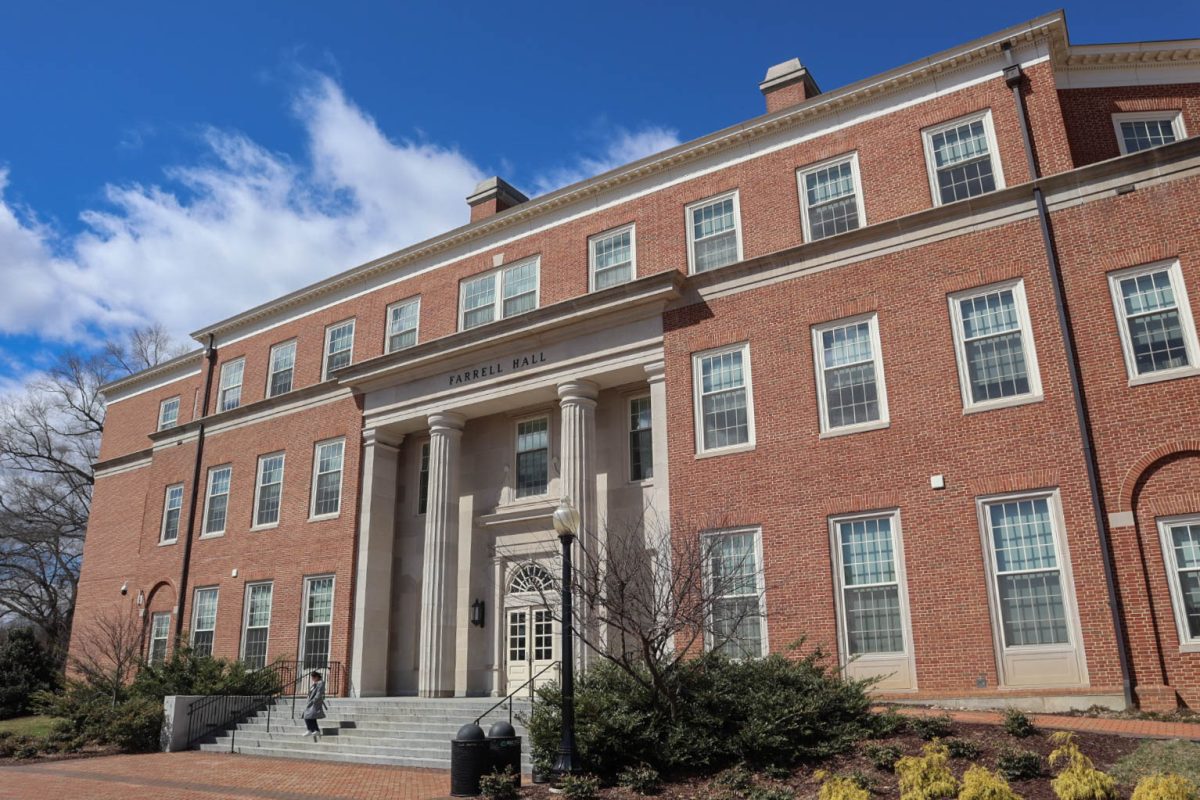White supremacist groups’ persistent push to speak at universities has caused many school administrations and others to think in-depth about the First Amendment. College campuses are known to be platforms for constitutional freedom of speech, where students are allowed to explore varying viewpoints and grow as educated individuals.
Thus, why shouldn’t self-proclaimed white supremacist Richard Spencer be allowed to present his viewpoints at public universities? After all, the law requires that public colleges allow anyone to speak on campus, and Spencer paid the required $10,000 for the platform.
At the same time, it is unsettling that a man who helped lead white nationalists, neo-Nazis, and Ku Klux Klan members in the Unite the Rally protest in Charlottesville is allowed to preach his ideas to college students. While it is vitally important to understand differing and even extreme perspectives, Spencer’s speeches spark violence and cost public universities thousands of dollars in security costs.
At Spencer’s most recent event in October, the University of Florida, who originally rejected his proposal to speak but changed this after he threatened to sue, spent over $600,000 on security. Patrol was placed in the air, in the streets and on rooftops. Since public universities legally have to pay for additional surveillance costs, it essentially passed invisibly onto the taxpayers to pay for these funds.
“I really don’t believe that’s fair that the taxpayer is now subsidizing through these kind of events the security and having to subsidize his hate speech,” said the President of the University of Florida.
Even with the severe safety precautions taken, three Texan, self-proclaimed white supremacists heckled anti-Spencer protesters with Nazi salutes and threats and proceeded to shoot at them. The bullet barely missed the crowd. Fights also broke out at his presentation in April at Auburn University.
In addition to these dangerous outbreaks, barely any students attended the costly events. Only 400 students went to the actual speech at the University of Florida, most of whom only showed up in protest. Chants such as “go home” and “Nazis aren’t welcome here” were yelled at Spencer, who responded by shouting that they were “morons.” The concept of freedom of speech at universities is meant to be educational and engaging, and Spencer’s events are neither.
Furthermore, white supremacist groups such as Spencer’s National Policy Institute most likely know that many educated college students won’t agree with them, but the controversy is getting them the attention they want in the national news.
While everyone has the right to free speech and it is important for us not to be blinded by the reality of these horrifying viewpoints, I don’t believe that white supremacy groups should be allowed to speak on college campuses, as they have clearly not added anything positive to the education and safety of students nor have they made good use of taxpayer money. At the very least, public universities should have the option to refuse to let verbally-threatening hate speech onto their campuses on the basis of safety and financial
















